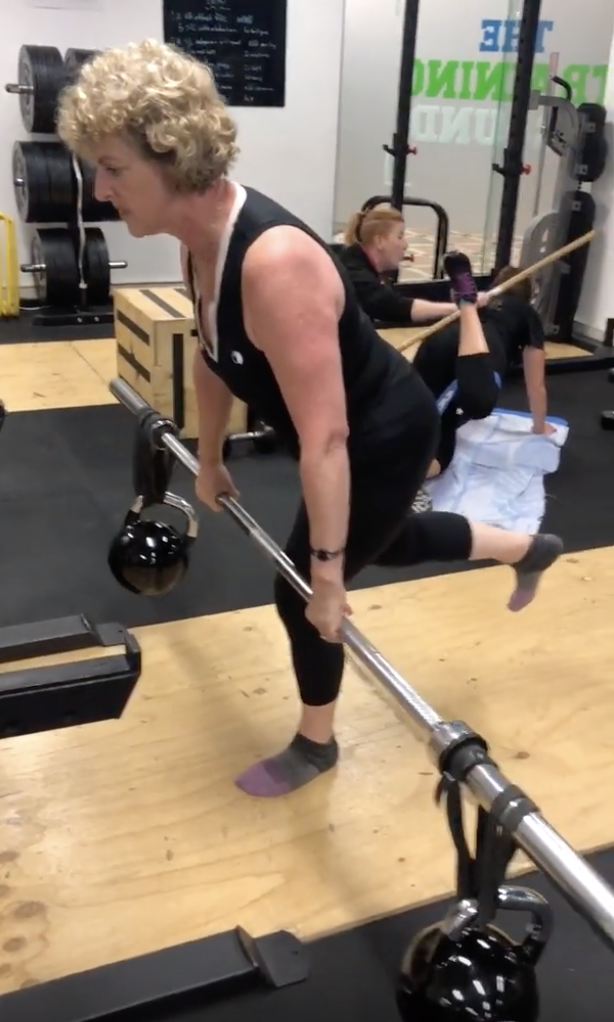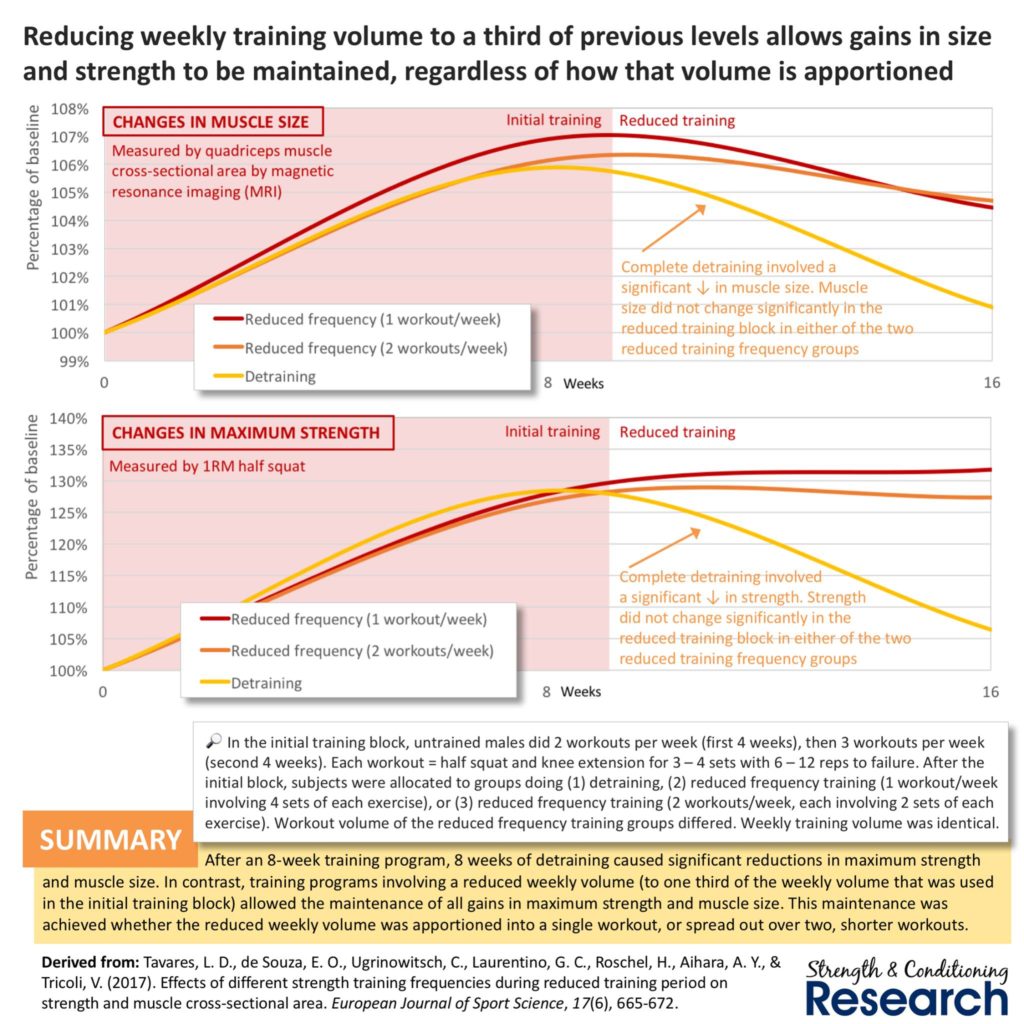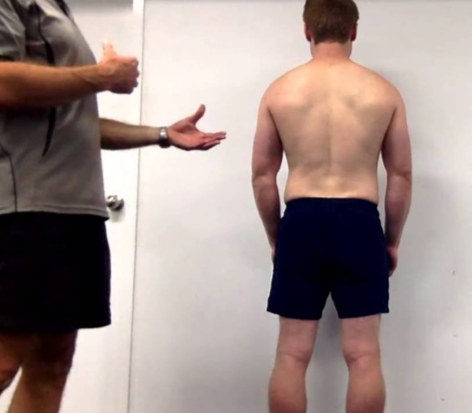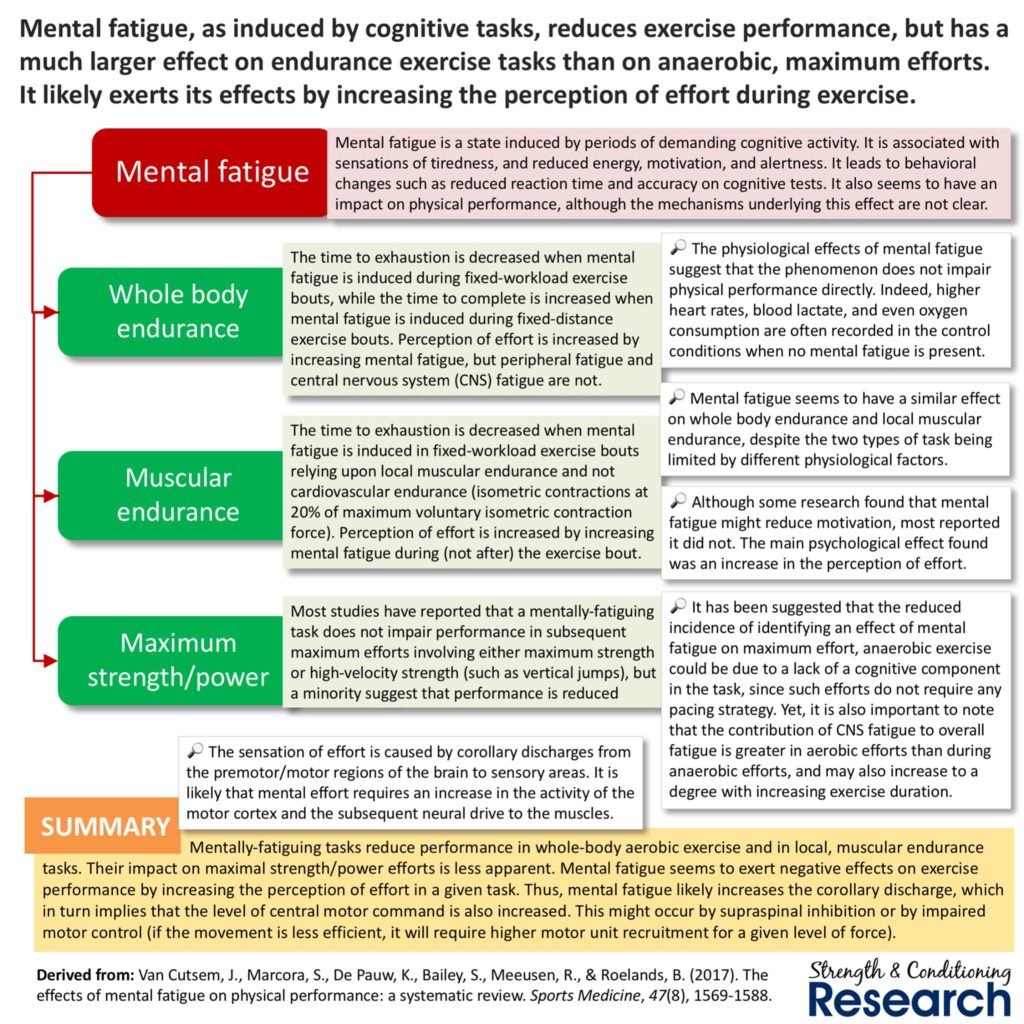This fortnight I have included an article titled ‘RESISTANCE TRAINING FOR OLDER ADULTS – Position Statement From the National Strength and Conditioning Association‘ which was published in the latest issue of the Journal of Strength and Conditioning Research.
In this study, the authors referenced over 600 papers to come up with a consensus on resistance training program variables, physiological adaptations, functional benefits of resistance exercise training and considerations for frailty, sarcopenia, or other chronic conditions.
There is far too much info to try & summarise here, so I encourage you to download & have a good read for yourself, before deciding how you will implement the info therein.
Click the link below to download and let me know what you think!
Exercise profile
In this clip, a client is performing a static hold whilst holding an uneven barbell. This requires him to engage his core musculature in order to maintain a bar position parallel to the ground.

If you are interested in learning more about muscle imbalances like this, click the button below to check out our Rehab Express course.
Infographic – reducing training volume can maintain size & strength

This graphic shows how reducing training volume by one-third allowed participants to maintain gains in size & strength after an 8-week block of training.
The authors found that the same maintenance effect occurred irrespective of whether the volume was distributed over one or two sessions in the week.
New Sport-e-coach course
I am proud to announce that we have released our fourth short course titled ‘Developing your critical eye.’
In this course, I talk about my approach to conducting a static postural appraisal & how to transfer the findings to exercise program design.

To learn more click the button below.


